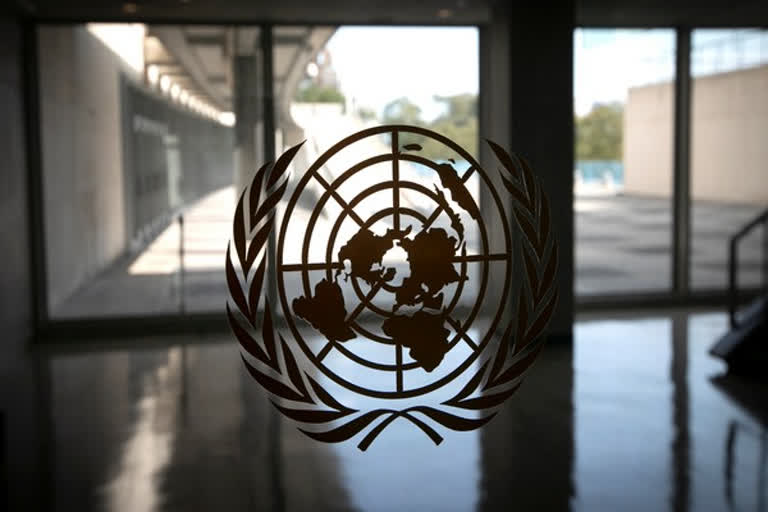Tehran: A decade-long UN arms embargo on Iran that barred it from purchasing foreign weapons like tanks and fighter jets expired Sunday as planned under its nuclear deal with world powers, despite objections from the United States.
While insisting it planned no buying spree, Iran, in theory, can purchase weapons to upgrade military armament dating back to before its 1979 Islamic Revolution and sell its own locally produced gear abroad.
In practice, however, Iran's economy remains crippled by broad-reaching US sanctions, and other nations may avoid arms deals with Tehran for fear of American financial retaliation.
The Islamic Republic heralded the end of the arms embargo as a momentous day for the international community... in defiance of the US regime's effort."
The Trump administration, meanwhile, has insisted it has re-invoked all UN sanctions on Iran via a clause in the nuclear deal it withdrew from in 2018, a claim ignored by the rest of the world.
Today's normalisation of Iran's defense cooperation with the world is a win for the cause of multilateralism and peace and security in our region, Iran's Foreign Minister Mohammad Javad Zarif wrote on Twitter.
The United Nations banned Iran from buying major foreign weapon systems in 2010 amid tensions over its nuclear program. An earlier embargo targeted Iranian arms exports.
The US Defense Intelligence Agency predicted in 2019 that if the embargo ended, Iran likely would try to purchase Russian Su-30 fighter jets, Yak-130 trainer aircraft and T-90 tanks.
Read more:Iran mocks US over 'snapback' of sanctions
Tehran also may try to buy Russia's S-400 anti-aircraft missile system and its Bastian coastal defense missile system, the DIA said. China also could sell Iran's arms.
Iran long has been outmatched by US-backed Gulf nations like Saudi Arabia and the United Arab Emirates, which have purchased billions of dollars of advanced American weaponry. In response, Tehran turned toward developing locally made ballistic missiles.
Iran has blasted Gulf Arab purchases of US-made defense equipment as regrettably lucrative weapon deals with some of those arms used in the ongoing war in Yemen.
